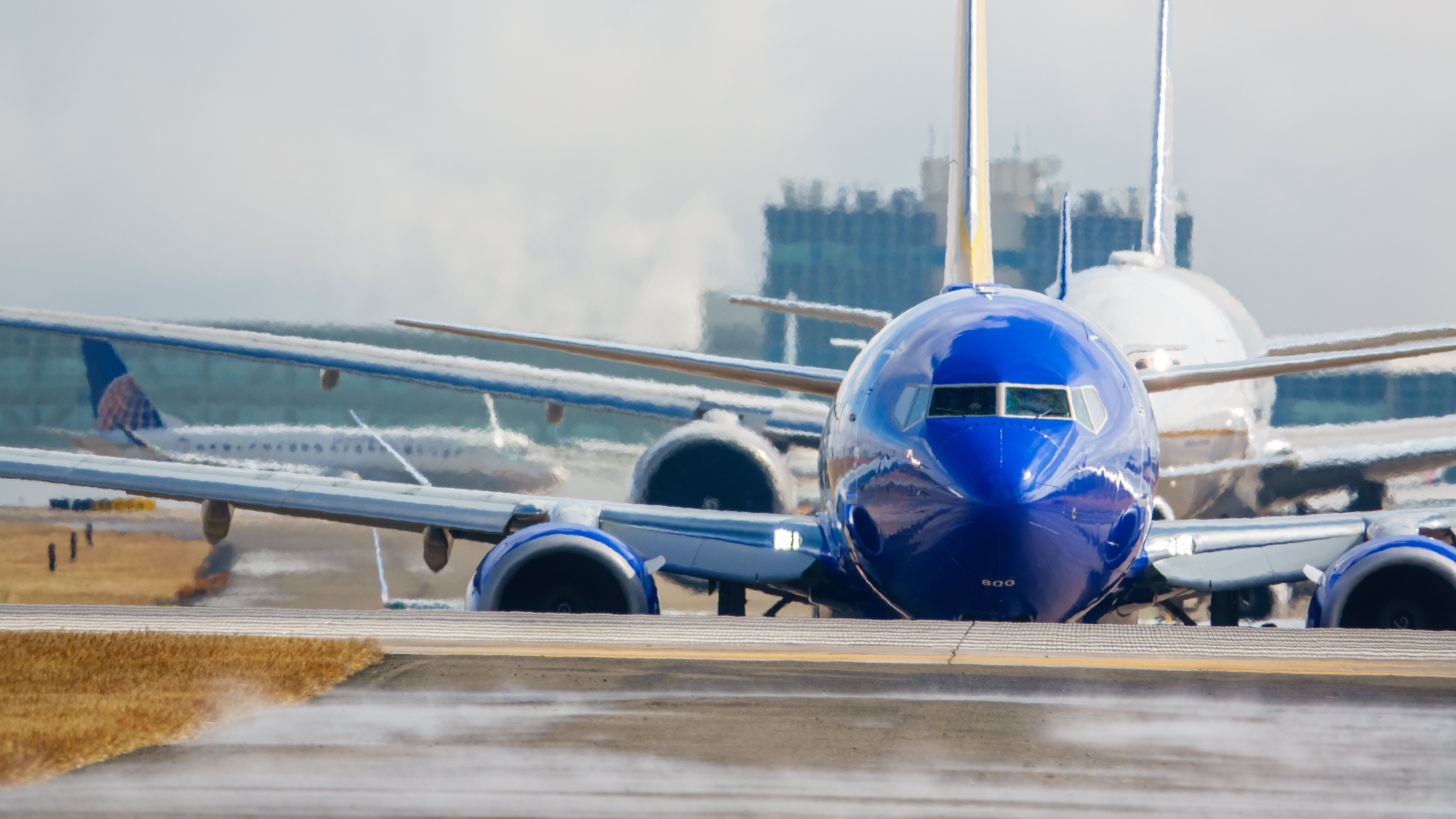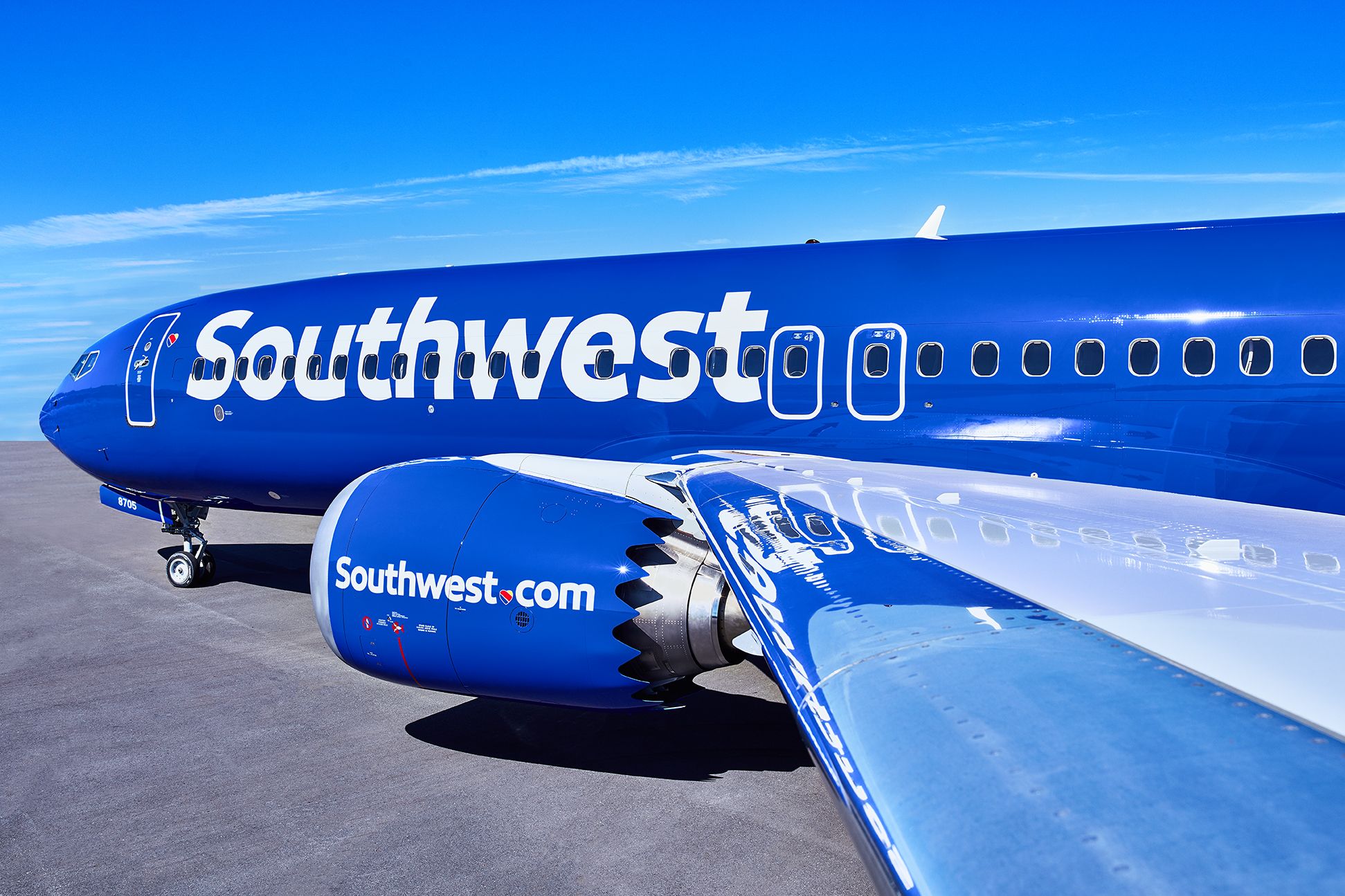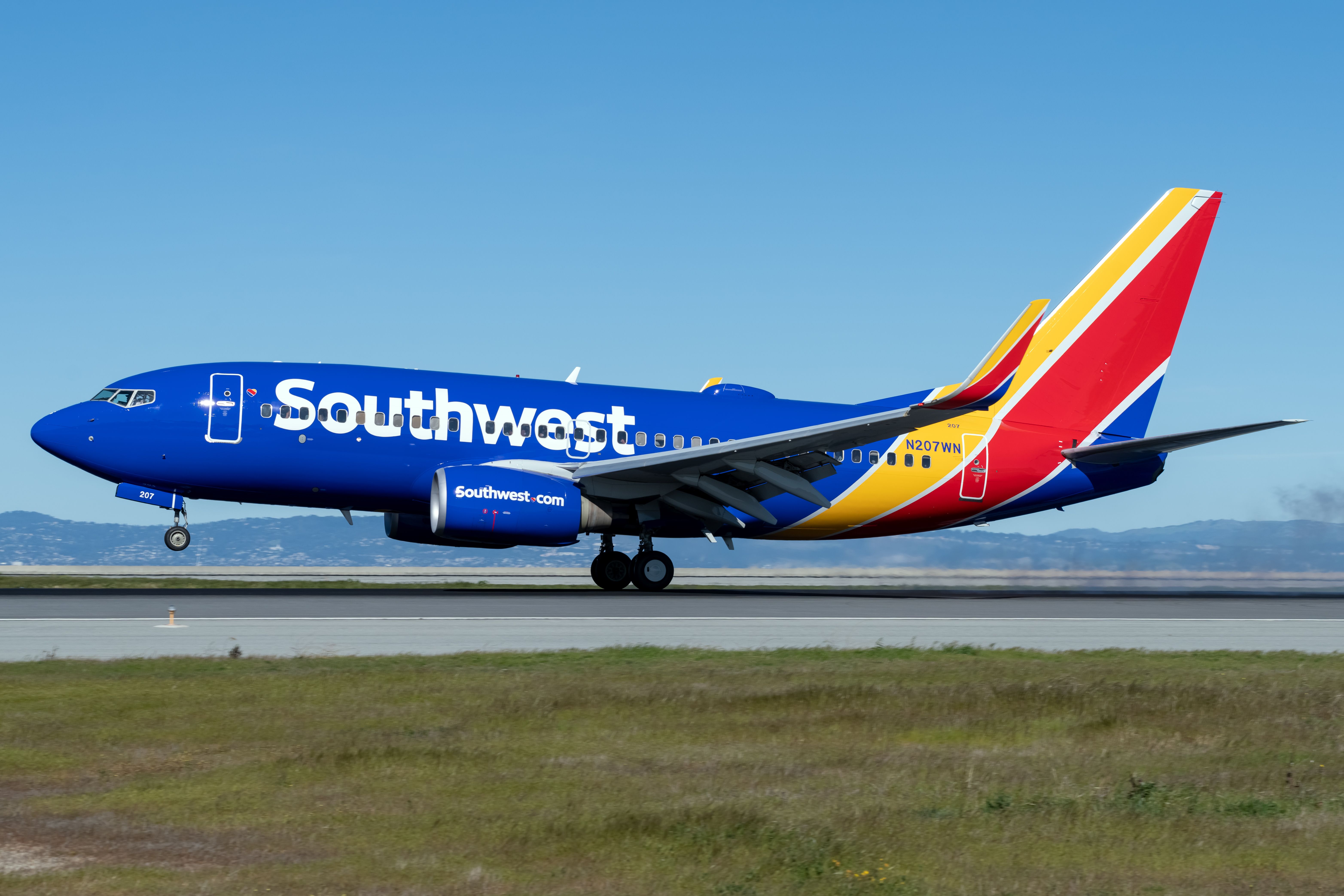Read update
- Adding comment from Southwest Airlines
Southwest Airlines no longer allows passengers with a peanut allergy to pre-board. The airline updated its policy on September 22nd, and has since come under fire on social media for the change. It could also face legal action for discrimination on the grounds of disability.
Passengers with food allergies were previously allowed to pre-board, giving them time and space to clean their seats, tray tables, and other contact areas. This is no longer the case.
The change in policy has proved controversial with passengers, who have been venting their frustration on Twitter. @AuthorFleur was one of those to raise the issue online, tweeting,
“It makes a huge difference to be able to wipe down the seats before everyone else boards. It’s hard to scramble around, cleaning the seats as fast as you can, while a hundred passengers squeeze by, staring. I’m really hoping Southwest changes its policy.”
Another passenger, Greabe Antony, said, “I feel like the Southwest policy change is an act of alienation. I hope they reverse course.”
Potential legal action
In addition to passenger anger, the carrier may also soon face legal action over the change in policy. Washington, DC-based disability rights attorney, May Vargas, is working on submitting a complaint to the US Department of Transportation (DOT), accusing Southwest Airlines of discrimination on the basis of disability, and of breaching the Air Carrier Access Act (ACAA).
According to Southwest Airlines, time is still granted to travelers with a nut allergy to clean seats and tray tables, but this is no longer during pre-boarding. A spokesperson for the airline said,
“Instead of pre-boarding, customers in these situations get extra-time boarding to board after the A group, but before the B and C groups, allotting time to wipe down their seat or other contact areas.”
UPDATE: 2022/10/20 20:02 EST BY STEVEN WALKER
Adding comment from Southwest Airlines
Southwest Airlines provided Simple Flying with further clarification on the policy update, explaining the difference between pre-boarding and extra-time boarding,
Southwest offers two types of priority boarding – pre-boarding and extra-time boarding. Qualifying pre-boarding Customers may board the aircraft before other Customers. Extra-time Customers board after the A group, but before Family Boarding, as well as the B and C groups.
The airline went on to reiterate that it complies fully with the ACAA, stating,
As required by the Air Carrier Access Act (ACAA) and its implementing regulations, Southwest offers pre-boarding for Customers with disabilities who may need a specific seat to accommodate their disability, or who need assistance in boarding or stowing an assistive device. As permitted by the U.S. Department of Transportation, we currently offer extra-time boarding for Customers who need extra time to board, including Customers self-disclosing a peanut or peanut-dust allergy.
Other airlines that offer pre-boarding to passengers with nut allergies include American Airlines, British Airways, and Cathay Pacific.
Get the latest aviation news straight to your inbox: Sign up for our newsletters today.
Flying with a peanut allergy
Southwest Airlines, the world’s largest low-cost carrier, with a fleet of over 700 Boeing 737s, discontinued serving peanuts onboard in 2018. At the time this move was celebrated by travelers with peanut allergies. On its website today, the airline states,
“We don’t serve peanuts on our flights. Instead, depending on flight length, we offer pretzels and a few other complimentary snacks. However, many of the snacks we serve may be packaged in the same facility as peanuts, so we can’t guarantee that they don’t contain peanut particles or oil. We also can’t prevent others from bringing peanuts or peanut products onboard and can’t guarantee that peanut remnants won’t be on the plane floor, seats, or tray tables.”
It remains to be seen if passenger reactions and the threat of legal action make Southwest Airlines reconsider its change in pre-boarding policy.
Do you have experience of traveling with a peanut or other food allergy? Have you found airlines to be accommodating of your needs? Let us know in the comments below.


.jpeg)

